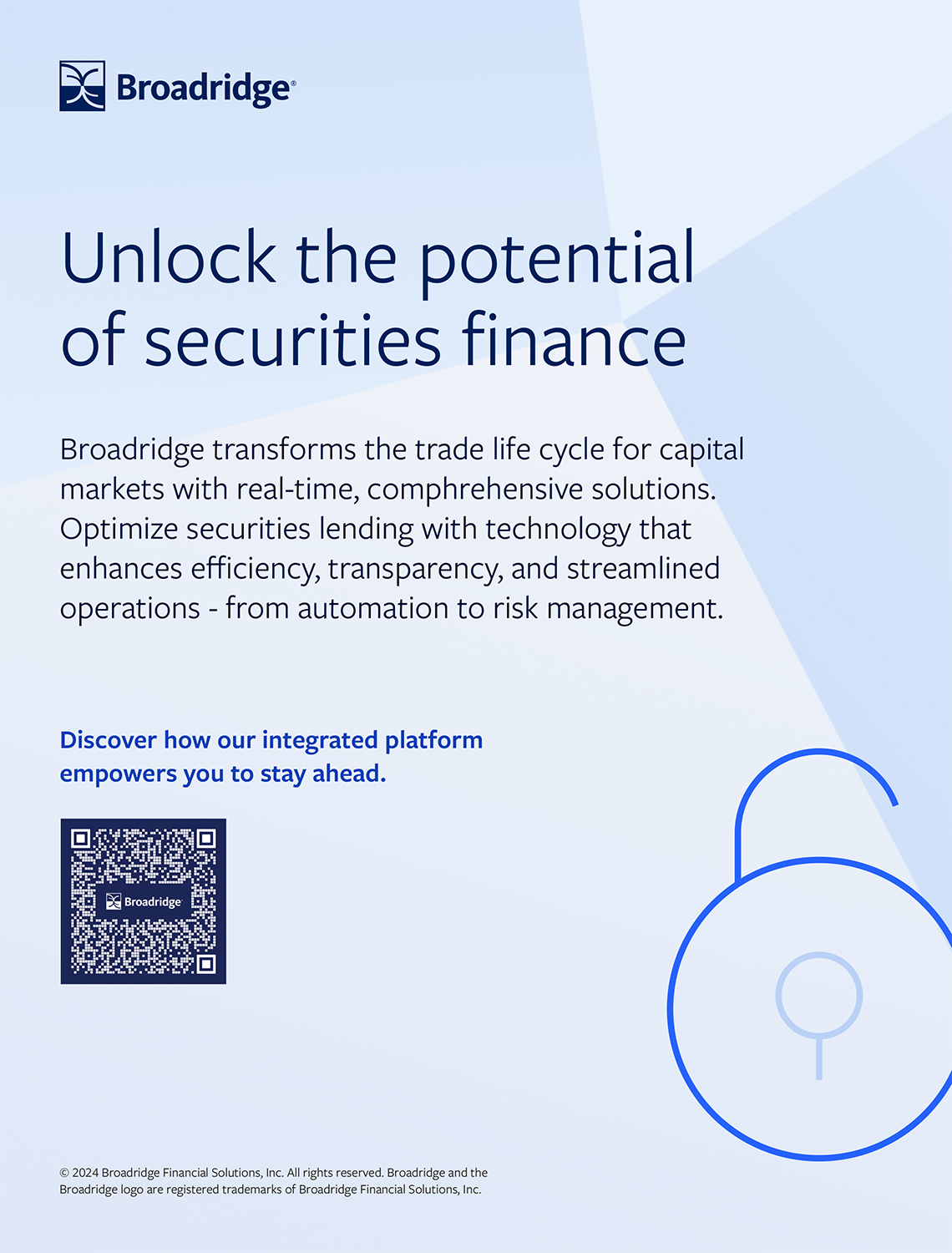Greater automation could slash trade processing costs by a quarter, says DTCC
19 November 2020 US
 Image: Sasun Bughdaryan/adobe.stock.com
Image: Sasun Bughdaryan/adobe.stock.com
The Depository Trust and Clearing Corporation (DTCC), the market infrastructure for the global financial services industry, has identified where post-trade processing costs for cash securities at large broker-dealer firms could be reduced by 20-25 percent through automation.
From the results of a survey of nine major international global broker-dealers that typically spend between $150 million and $175 million globally on post-trade services related to cash securities, DTCC argues that moving to a “no touch processing workflow” would allow them to reduce headcount, repair charges, technology expenses and claims and fees significantly.
By leveraging post-trade automation, firms can eliminate redundancies and manual processes, reduce associated costs, and mitigate operational risks, says DTCC.
The corporation says it analysed individual broker's operating costs to model cost savings by leveraging the full suite of DTCC’s Institutional Trade Processing (ITP) solutions.
The estimated savings per firm were broken down into seven categories, with largest figures attributed to settlements ($10.8 million), trade support ($7 million), financing (between £5 million and $10 million), and technology expenses ($5.4 million).
Other areas where savings can be achieved are SSI reference data ($1.5 million), agent bank fees ($2.3 million), and asset servicing ($2 million), says DTCC.
According to DTCC, for mid-sized and smaller broker-dealers, the use of a no-touch workflow could enable higher levels of automation and increased scalability to more effectively handle volume spikes, all of which would not typically be affordable or possible to replicate with internal resources.
Matthew Stauffer, managing director and head of institutional trade processing at DTCC, states: “The findings of our survey highlight the benefits of leveraging automated post-trade solutions to reduce the costs of operational functions and the risk inherent in manual processes.
“The adoption of a no-touch workflow allows firms to focus their resources on the parts of their business that create true value.”
From the results of a survey of nine major international global broker-dealers that typically spend between $150 million and $175 million globally on post-trade services related to cash securities, DTCC argues that moving to a “no touch processing workflow” would allow them to reduce headcount, repair charges, technology expenses and claims and fees significantly.
By leveraging post-trade automation, firms can eliminate redundancies and manual processes, reduce associated costs, and mitigate operational risks, says DTCC.
The corporation says it analysed individual broker's operating costs to model cost savings by leveraging the full suite of DTCC’s Institutional Trade Processing (ITP) solutions.
The estimated savings per firm were broken down into seven categories, with largest figures attributed to settlements ($10.8 million), trade support ($7 million), financing (between £5 million and $10 million), and technology expenses ($5.4 million).
Other areas where savings can be achieved are SSI reference data ($1.5 million), agent bank fees ($2.3 million), and asset servicing ($2 million), says DTCC.
According to DTCC, for mid-sized and smaller broker-dealers, the use of a no-touch workflow could enable higher levels of automation and increased scalability to more effectively handle volume spikes, all of which would not typically be affordable or possible to replicate with internal resources.
Matthew Stauffer, managing director and head of institutional trade processing at DTCC, states: “The findings of our survey highlight the benefits of leveraging automated post-trade solutions to reduce the costs of operational functions and the risk inherent in manual processes.
“The adoption of a no-touch workflow allows firms to focus their resources on the parts of their business that create true value.”
NO FEE, NO RISK
100% ON RETURNS If you invest in only one securities finance news source this year, make sure it is your free subscription to Securities Finance Times
100% ON RETURNS If you invest in only one securities finance news source this year, make sure it is your free subscription to Securities Finance Times



